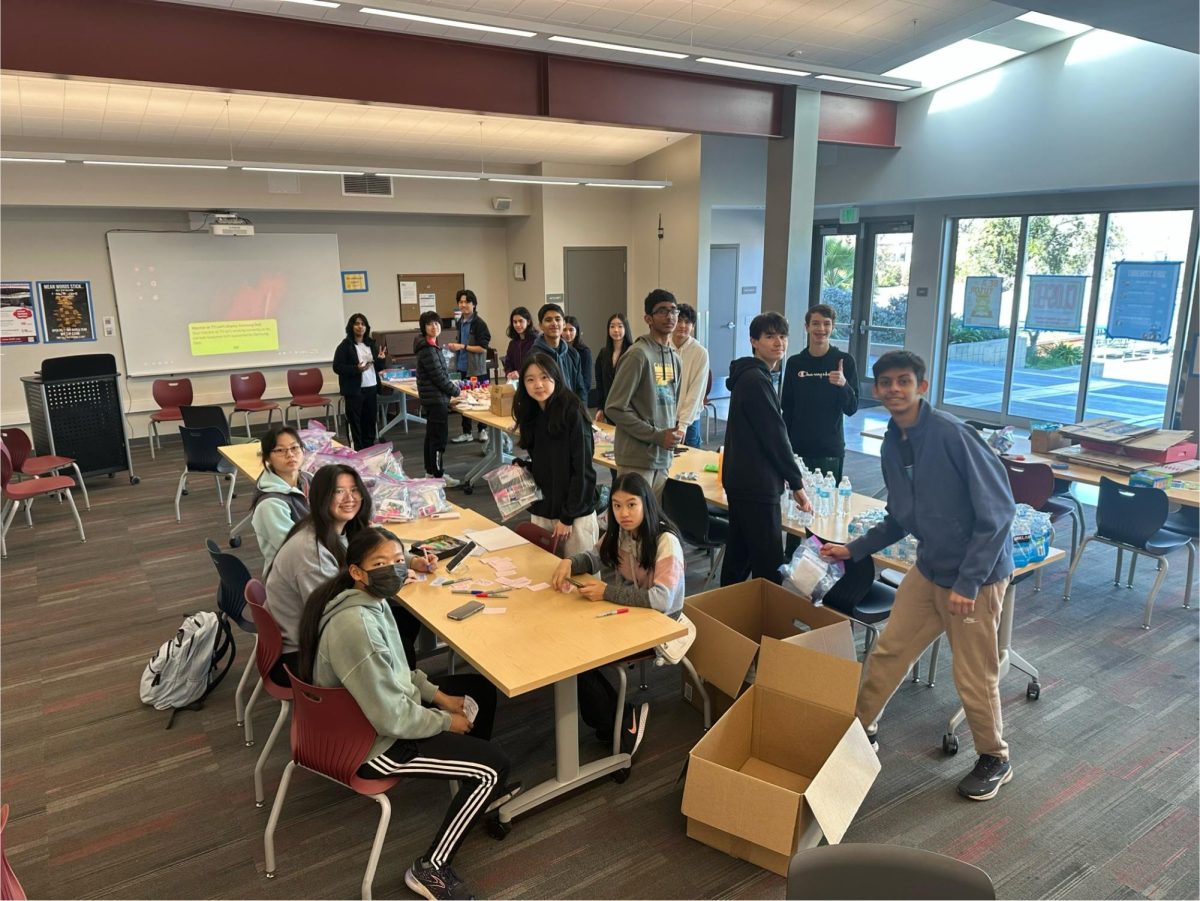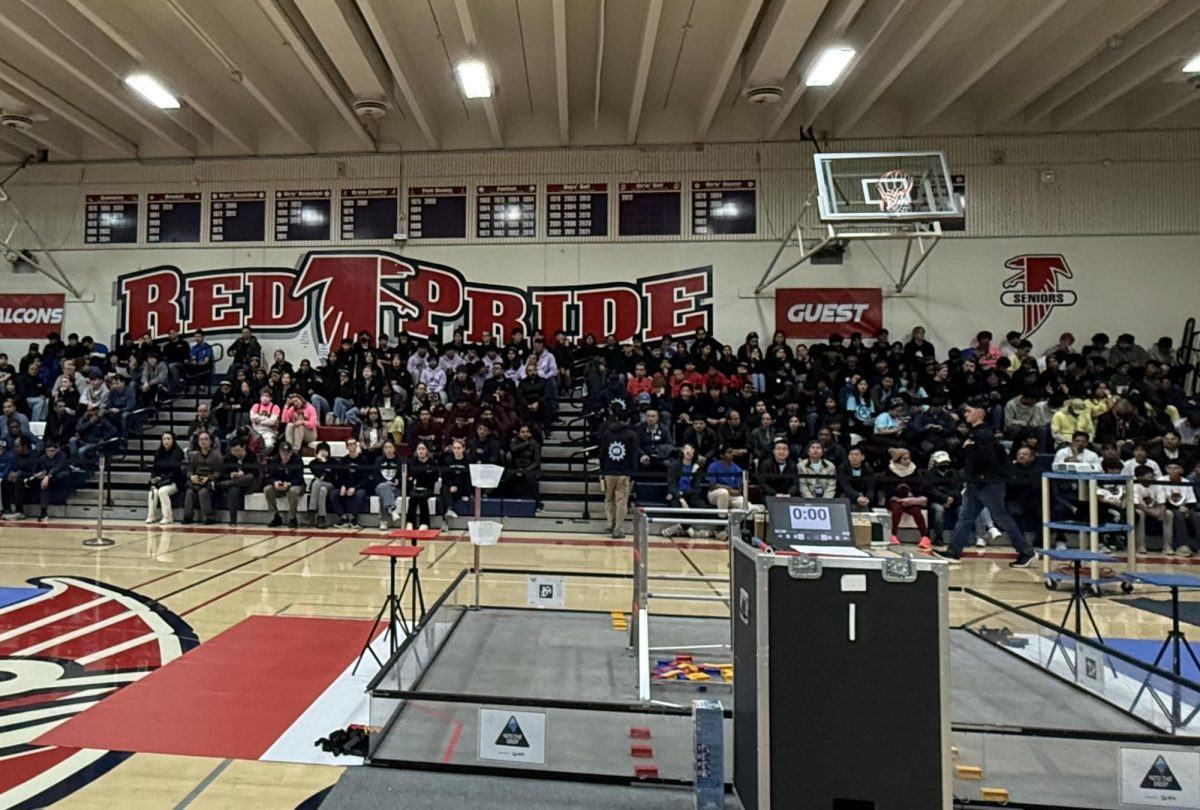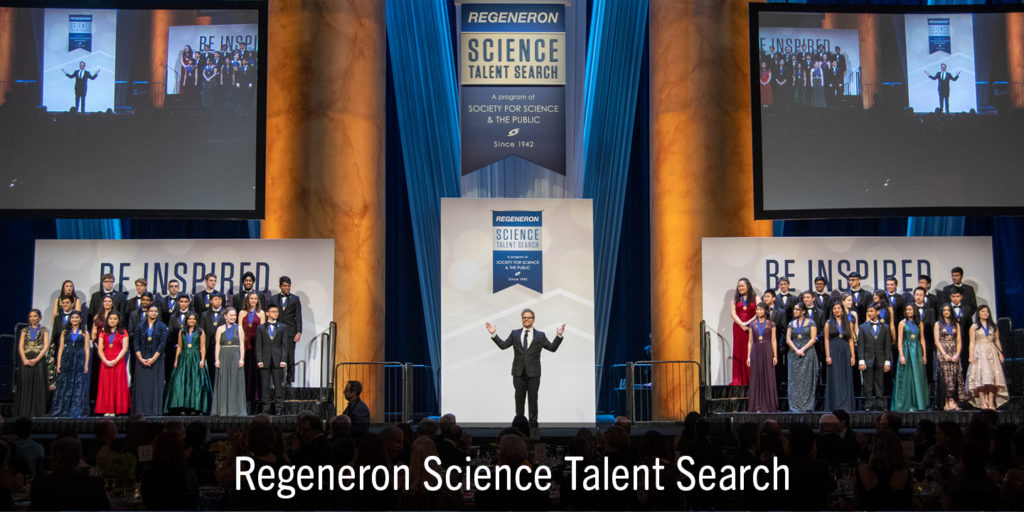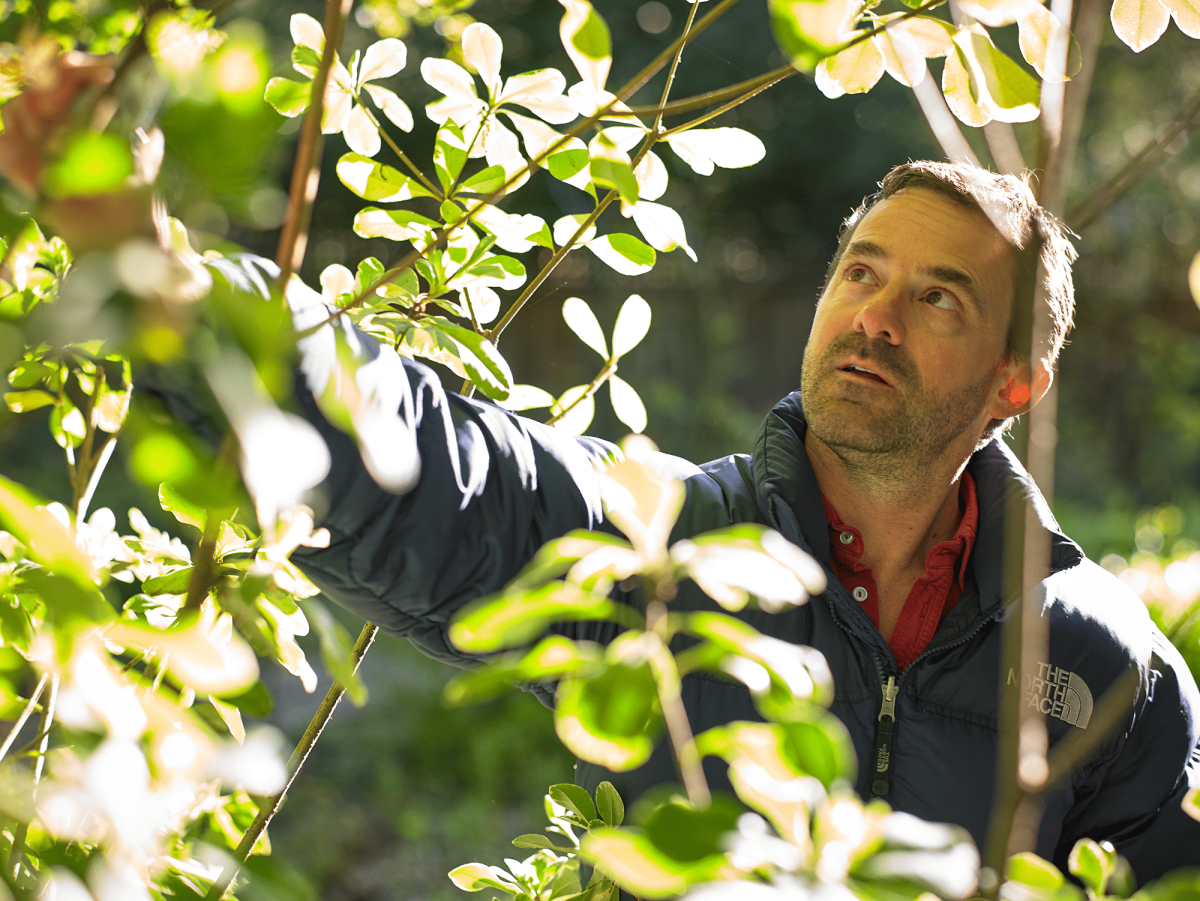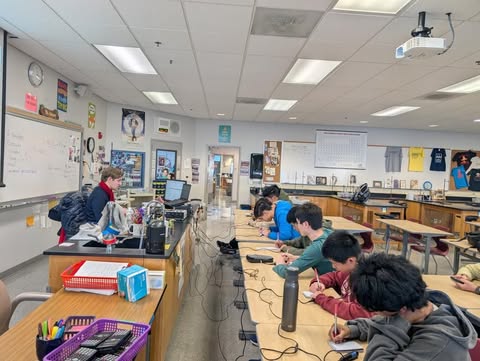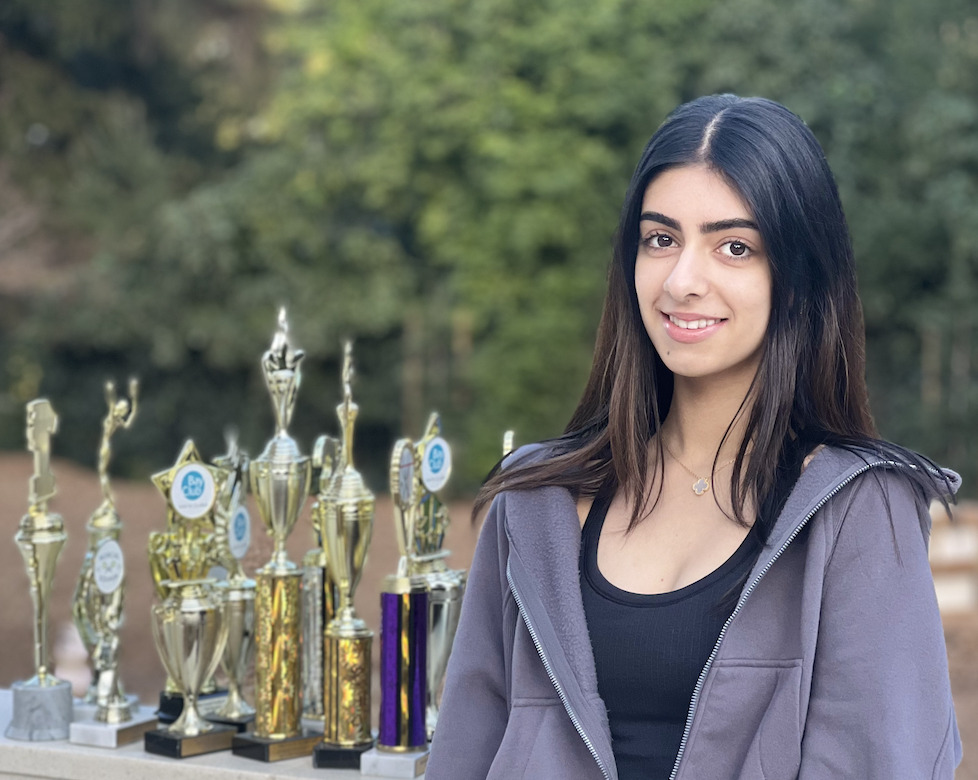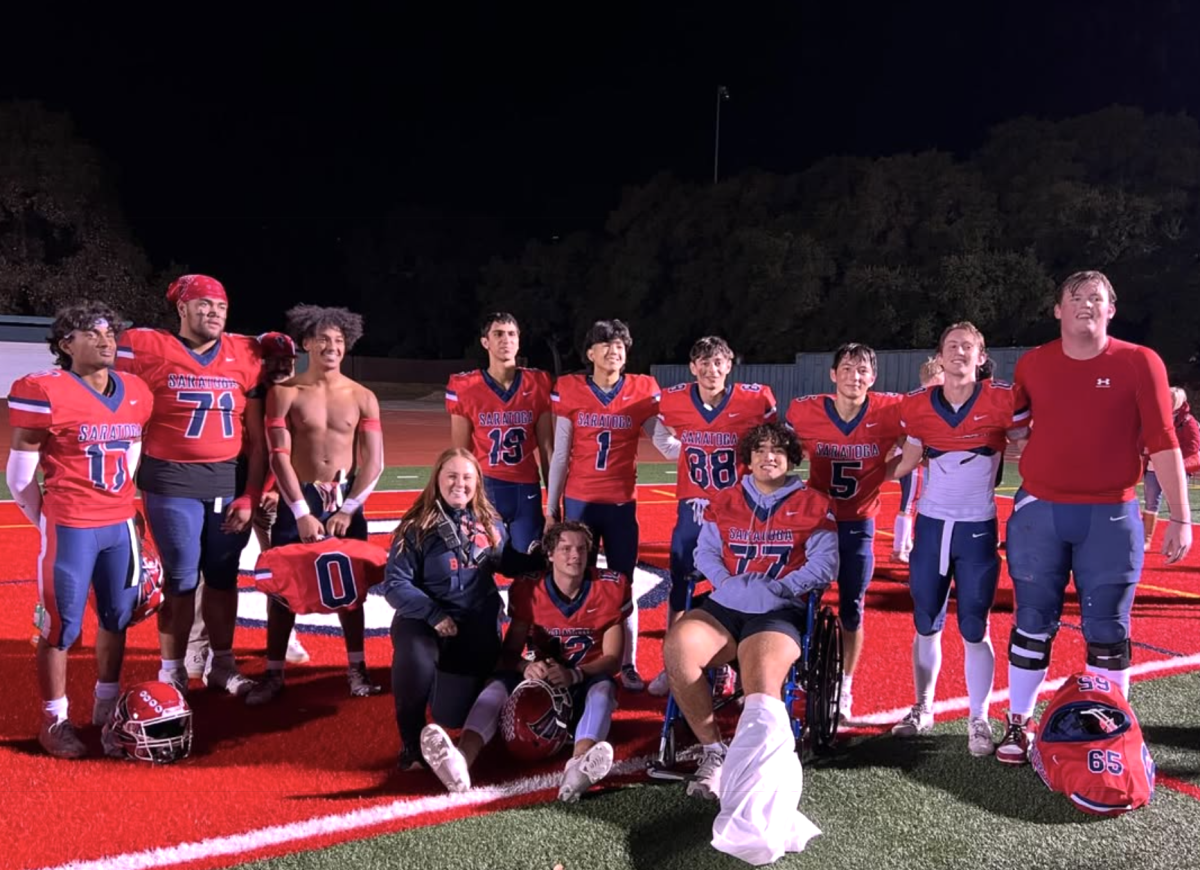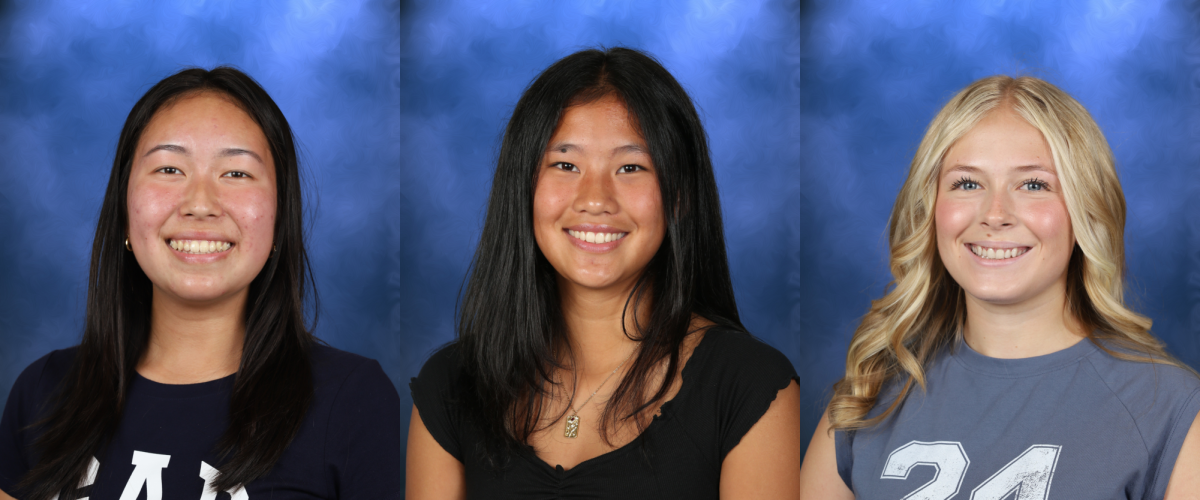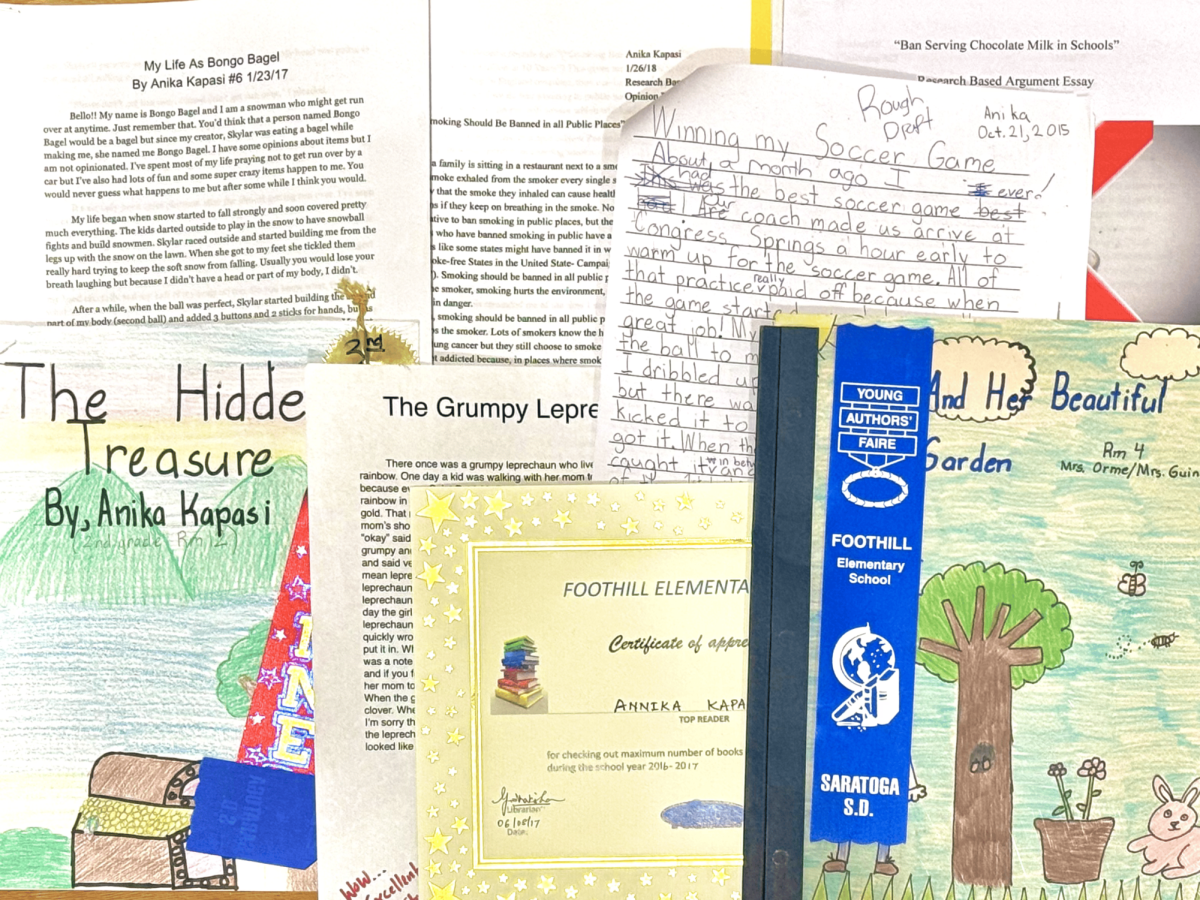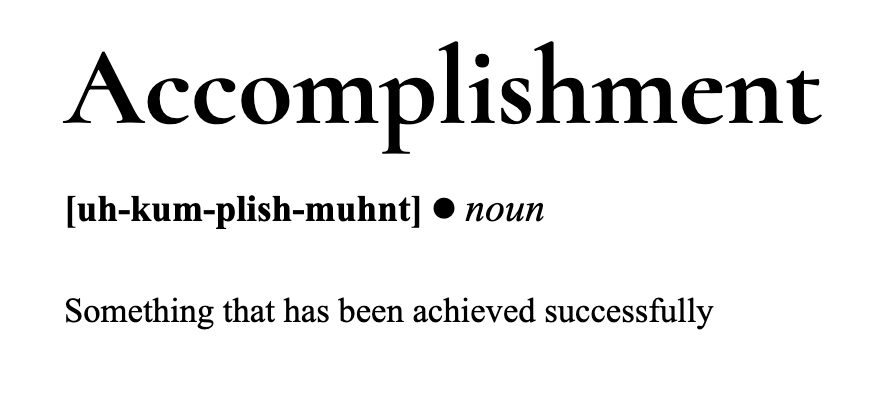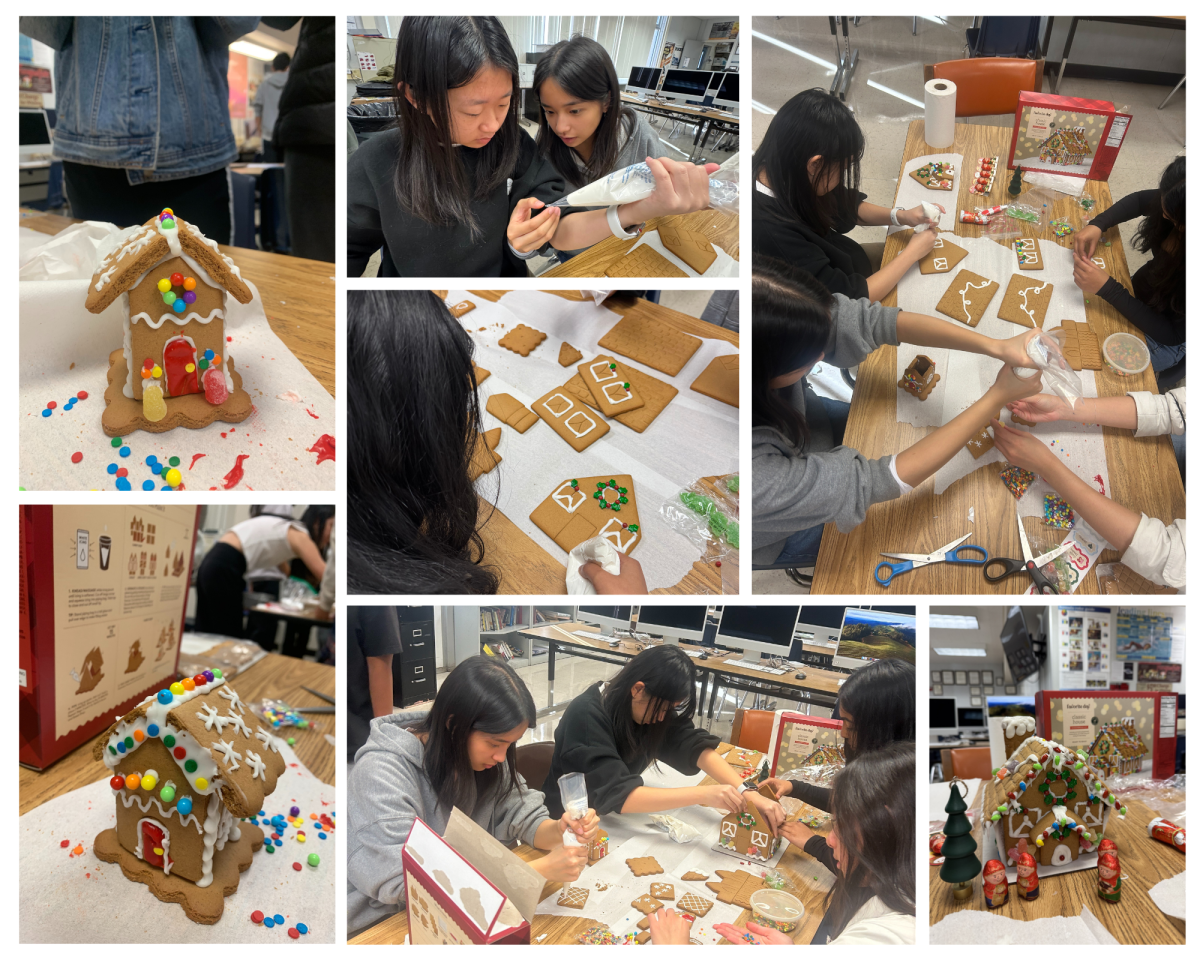The prestigious Intel Science Talent Search (STS) competition is a nationwide research competition for high school seniors only. Its entry requirements include a research paper, transcripts, multiple essay responses, test scores and instructor recommendations.
This year, seniors Alex Li, Dorrie Tang and Kristine Zhang were named among the 300 semifinalists from across the nation that Intel selected out of about 1,750 applicants. They were not among the 40 finalists chosen for the competition.
For the three, the research projects were the result of many months of effort.
Li wrote computer procedures to analyze NASA data and calculate the energy build-up in the sun’s corona.
“I was first drawn to [my project] because I heard a NASA press release which explained why this was an important [research topic],” Li said. “[It allows us to] predict geomagnetic swarms that can destroy all of our power grids and shut down all our central services.”
He began his project by emailing professors in the spring of sophomore year and then, after Stanford professor Yang Liu agreed to mentor him, collected data over the summer and school breaks. Li found his topic to be an effective way to integrate his interest in both physics and computer science, though his project required effort and diligence.
When the results were first released, Li was surprised; he had not known that the semifinalists would be announced at Eastern time.
“A bunch of friends just sent me congratulation messages, and I didn’t know what they were for,” Li said. “[When I finally found out], I guess I felt proud and validated.”
For her part, Zhang investigated the aggregation of peptides involved in Alzheimer’s disease to further drug and diagnosis development. She completed her research with UC Santa Cruz professor Yat Li, whose research group is part of the university’s Department of Chemistry and Biochemistry.
She thought of her research idea by attending a biomedical research lecture series and reading papers, after which she came up with a project proposal.
“[When I found out I had been awarded], I was very happy and very surprised,” Zhang said. “There are a lot of high quality projects that are entered into Intel STS, so it was an honor to be chosen.”
Tang’s research project took an application-based approach to the field of networking and Internet architecture. She designed and implemented an application running a new Internet architecture named ‘Data Networking.’ In the process, she found advantages to the architecture for her “specific use case.”
Tang completed her project over the summer during a research internship at the University of California, Los Angeles. Before starting work on the project, she had to learn the basics of internet architecture and the computer languages Javascript and HTML.
“I examined what I wanted my application to do and came up with a packet-level namespace design that would work for the use case and with different modules that my application would need,” Tang said. “Then I coded the modules, which interacted which each other and the network testbed.”
For all three of the semifinalists, their success in the Intel STS competition was the product of their strong interest in science and hours poured into the research process.
“Doing scientific research is an intellectually stimulating and rewarding process, and no matter what result I could’ve gotten I know I’ve learned so much just by working on my project,” Tang said.


